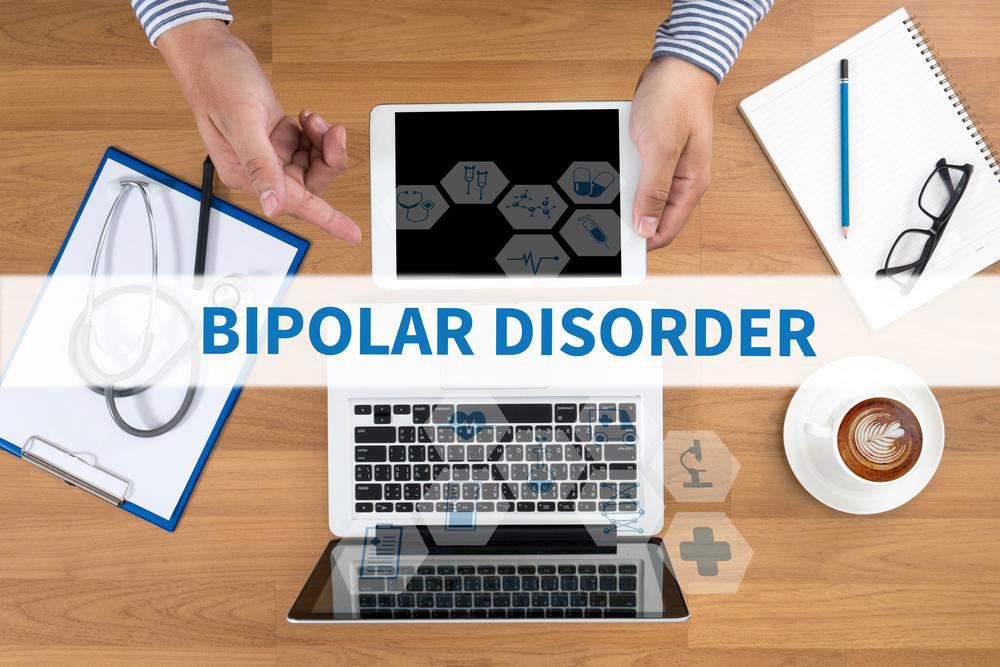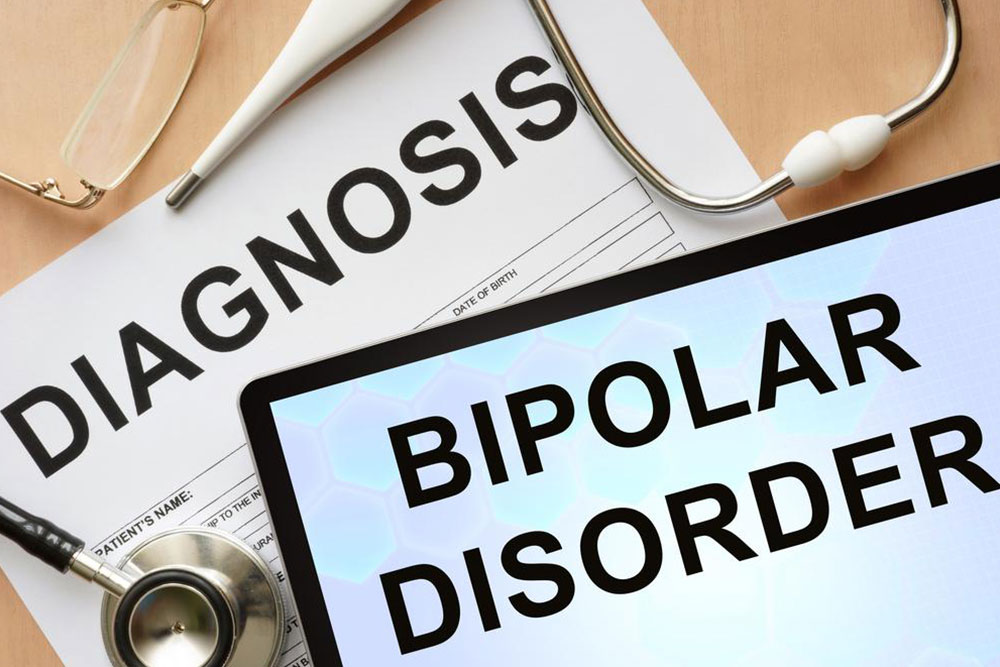Understanding Bipolar Disorder and Online Mental Health Assessments
Discover comprehensive insights into bipolar disorder, including its types, symptoms, and the role of online mental health assessments. Understand the importance of professional diagnosis and how online tools can serve as initial indicators in managing this complex condition effectively.
Sponsored

Bipolar disorder is a complex mental health condition characterized by significant mood swings, energy fluctuations, and concentration difficulties. According to the National Institute of Mental Health, nearly 2.8% of adults aged 18 and above experience this disorder annually, impacting many households nationwide.
Managing bipolar disorder requires prompt treatment along with emotional, physical, and mental support from healthcare providers and loved ones. While many patients seek professional advice, some turn to online bipolar and depression screening tools for preliminary insights.
But how reliable are these online assessments? Let's explore.
What is bipolar disorder?
As previously mentioned, this mental health issue causes extreme shifts in energy and mood, affecting daily functioning. Patients cycle between manic episodes, characterized by elevated mood and activity, and depressive phases, marked by sadness and disinterest, with each phase lasting days or weeks.
During manic swings, individuals may exhibit hyperactivity, rapid speech, and heightened emotional responses. Conversely, depressive episodes bring feelings of profound sadness and loss of motivation.
Types of bipolar disorder
Per the National Alliance on Mental Illness, there are four primary types:
Bipolar I
This most common form involves manic episodes lasting at least a week, often accompanied by depressive periods requiring immediate medical attention.
Bipolar II
Characterized by hypomanic episodes and recurring depressive moods, but no full-blown manic episodes are observed.
Cyclothymic Disorder
Marked by repeated hypomanic and depressive episodes over at least two years, with brief periods of normal mood.
Other Bipolar Disorders
Conditions with mood disturbances that don’t fit into the main categories but involve abnormal mood elevations are classified here.
What are online bipolar tests?
These self-assessment tools consist of questions about mood patterns, daily functioning, and social interactions to help individuals determine if they might have bipolar disorder. Based on responses, users receive guidance on whether to seek professional help or further evaluation.
Are online tests trustworthy?
While some online assessments align with diagnostic standards like DSM-5, they should not replace professional diagnosis. Mental health conditions like bipolar disorder require comprehensive evaluation by trained healthcare providers. Online tests can offer quick insights but are not definitive.
Understanding the seriousness of bipolar disorder and depression, it's crucial to consult professionals for diagnosis and treatment. Online screening tools serve as initial steps but cannot replace professional medical advice. Sharing test results with a qualified clinician is essential for accurate diagnosis and effective management. Early intervention can significantly improve quality of life for those affected.
In conclusion, online bipolar screening should be viewed as a preliminary resource, not a diagnosis. Trusted medical consultation remains vital for proper care, and timely treatment can help individuals regain stability and well-being.






